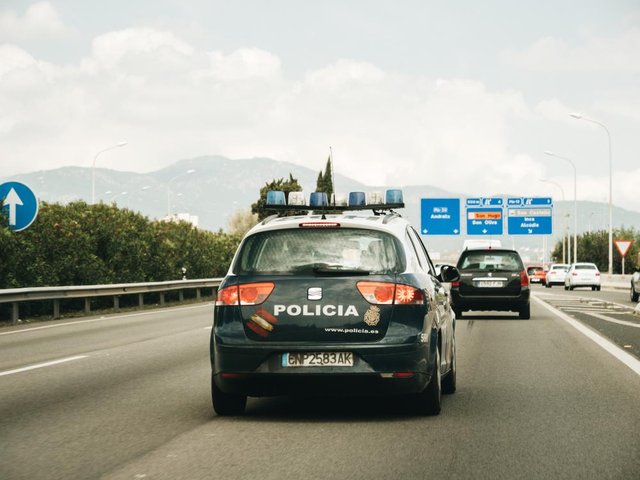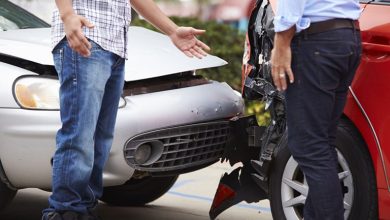
Insurance Rules for UK Drivers in the EU
Technical and legal issues are still surfacing in 2022 as a result of the UK leaving the EU in 2020. While one side of the Brexit argument says “we told you so” and the other denies there’s anything wrong, those on the ground who travel in and out of the European Union actually have to deal with such technicalities. Perhaps ironically, the issue of free movement seems to be a part of the equation which has continued mostly unchanged for many British motorists. What goods people can or cannot carry across the boundary is another issue, but its seems that, in terms of drivers and their vehicles at least, the very important need to be insured is still quite straightforward to arrange.
Green Card Cover
Any motorist who has driven in an EU country will be familiar with the Green Card insurance scheme. In fact, this coverage does not require a card of any kind, green or not; this is a legacy of the system’s beginnings, when drivers presented their card to pay for repairs, towing etc. As with many such services, including the ability to check MOT status, the green card has migrated online. Having an up to date green card gives access to emergency recovery, mechanics and other essentials, free at the point of delivery, exactly as in the UK. With international boundaries inside the EU being largely irrelevant for visitors, this seamless insurance scheme remains extremely useful.
This cross border cover was originally brought in by the United Nations in the aftermath of World War II, as populations across the European continent strove to return home or flee occupation. The principle of relatively free movement necessarily included countries outside those most affected, and still does; these are called “third countries”. In 2022, the non-EU third countries covered by green card insurance are Andorra, Bosnia, Iceland, Liechtenstein, Norway, Serbia, Switzerland and, last but not least, the UK. The scheme is valid for most cars and vans, and must be taken out separately for any towed vehicles like caravans.
The principle of green card insurance is well established, and therefore accepted by UK insurance providers. The vast majority of these offer a standard deal, which is easy to arrange before travelling to the EU (which includes the Republic of Ireland, it should be remembered); any breakdown and / or repairs will be covered to a cost of £500 sterling, without any further arrangements needing to be made. Higher than this, insurers will pay for transport back to the UK on condition the vehicle is repairable.
Post-Brexit Travel
The realities of driving between the UK and EU post-brexit have resulted in at least one positive development for motorists. If anything, it is now easier to cross into the bloc than it was before as a visitor. In August 2021, the need for a physical green card to prove insurance was abolished. Previously, the scheme had included an option to print a card at home, rather than wait for one to be issued and posted. Although this was seen as being helpful originally, in fact quite a small proportion of motorists actually possess printers; not to mention the fact that cards had to be printed on green paper.
The green card insurance scheme has since joined the check MOT service online, and now applies across the EU. Printed cards are still necessary in a number of third countries, although green paper is not now necessary. These countries are Albania, Azerbaijan, Belarus, Iran, Israel, Moldova, Morocco, Russia, Tunisia, Turkey and Ukraine. In addition to the printed card, some countries’ authorities insist on the registration of any towed vehicle separately, before travelling.
As a result of these post-brexit changes, the benefits of green card insurance in the EU have remained intact. Unfortunately, so have its drawbacks. In particular, being involved in a collision with an uninsured driver while in a green card country can be more problematic than when driving in the UK. On the whole, how easily such incidents can be dealt with will largely rely on the insurer. As most of these providers compete for the same customers, the chances are that being hit by an uninsured driver will be looked at favourably; especially if damage is minor and no criminal charges are brought. As with everything else when travelling, however, it is best to do some research on individual insurers’ reputations before making a final decision.



